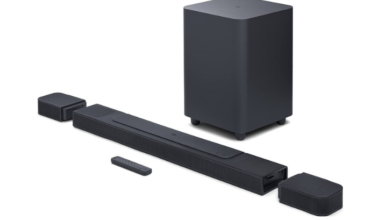The Indian Institutes of Technology (IITs) have collectively decided to increase the number of seats available for all the female aspirants by adding 779 more seats for them. This came as a good news for all the female aspirants of pursuing their B.Tech from an IIT. The Indian Institute of Technology (IIT) are known to be autonomous institutions for the public in order to pursue their higher education in esteemed colleges and universities located in India. These are globally acclaimed institutions which offer study and research work in various fields like engineering, science, management as well as humanities.
IIT Offers 779 Seats to Female Candidates
In the recent scenario, it has been felt that the composition of the female students studying in the different IITs across the country has either remained more or less constant fluctuating in between 8-10 percent. Also, in the postgraduate courses in the IITs, on an average, the gender ratio stands to 22 percent. Therefore, exclusively for the female candidates, the Indian Institutes of Technology (IITs) have collectively decided to offer as many as 779 numbers of seats exclusively to the female candidates.
Out of the total 779 seats, the highest number of seats that is 113 seats belong to IIT Kharagpur which are followed by 95 seats belonging to IIT Dhanbad, 79 seats with IIT Kanpur, 76 seats with IIT BHU, 68 seats with IIT Roorkee, IIT Delhi with 59 seats, IIT Bombay with 58 seats as well as IIT Guwahati with 57 number of seats. With the increased number of seats, female candidates can now openly opt to pursue their B.Tech degrees from esteemed colleges within the country.
IIT Increases Number of Seats For Female Candidates | Know Why
In a collective initiative by the IITs, with a motive to make an improvement in the poor gender ratio which has been experienced in the B.Tech programs in different IIT universities and colleges, the number of seats for female candidates has been increased exclusively.
It was observed that a considerable number of women clear the JEE Advanced Exam but the actual representation of the same is less than 10 percent because of ‘societal biases’.
All the female candidates who will be qualifying the JEE Advanced shall be considered so that equal opportunities are provided for them to pursue their B.Tech programs in different IITs located across different locations in the country.






